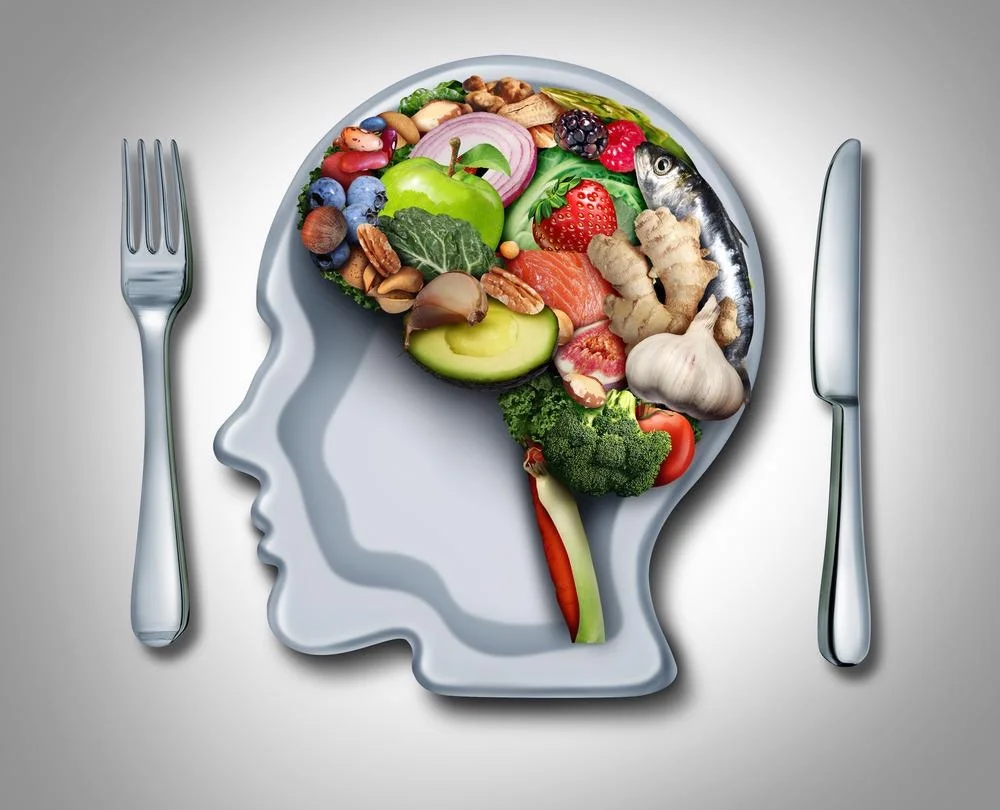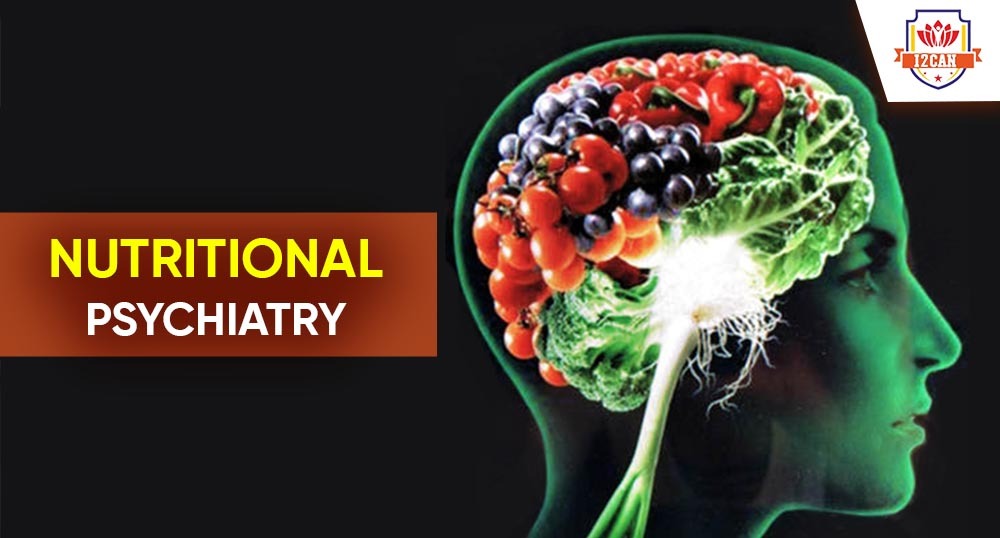There is truth in the saying, “you are what you eat.”
Now, science is showing us that a healthy diet may have an impact on mental health. The impact that food has on mood and behaviour and also other aspects of mental illness is being researched. Nutritional psychiatry is developing into a real opportunity for clinical intervention for patients who suffer from depression and anxiety and other mental issues like cognitive disabilities
Certain recommendations such as eating a healthy diet of fresh fruits, vegetables, whole grains, and lean proteins seems simple, doctors do not routinely discuss diet with their patients. The gap in nutrition education in our medical schools has left many practicing clinicians without a “language” to discuss dietary interventions with patients.
What’s the connection?
The vagus nerve connects the gut and brain.
This gut-brain axis provides us a greater understanding of the connection between diet and disease and is also relevant in psychiatric disease. The human microbiome, which has co-evolved with humans, is a community of different bacteria that inhabit the body and is beneficial to humans. Researchers agree that an individual’s unique microbiome is created within the first 1000 days of life. As clinicians it is useful for us to understand the microbiome.
We know the food we eat impacts how we feel emotionally, our mood and behaviour .
Complementary treatments may benefit mild to moderate depression and anxiety; however they are not likely to affect suicidal ideation or a psychiatric emergency. It’s helpful to alert patients to this if you use nutritional psychiatry in your clinical work.
Microbiome
Diet is thought to be an important factor that can regulate or dysregulate the microbiome. Diseases may occur when the balance between “good” and “bad” bacteria is altered.
Healthy gut bacteria have a number of functions, including the breakdown of complex carbohydrates and the production of vitamins and nutrients as well as of short chain fatty acids.
Moreover, they protect against pathogens, help train the immune system, support detoxification, and help modulate the nervous system.
From a mental health perspective, 90% of serotonin receptors are located in the gut.
Nutrients talking on Psychiatry issues :
Prebiotics and probiotics
A prebiotic is a soluble fiber that helps feed the good organisms (probiotics) in our gut. Probiotics already live inside the large intestine. The more prebiotics that the probiotics have to eat, the more efficiently they will work. Examples of prebiotic foods include onions, asparagus, bananas, artichokes, chicory root, garlic, dandelion greens.
Probiotic foods that supply these bacteria include fermented foods such as sauerkraut, yogurt with active cultures, pickles, kefir, kimchi, kombucha, miso. Have your patients read labels carefully,
The most compelling evidence was seen with the Mediterranean Diet, which focuses on eating whole grains, seafood and poultry at least twice a week; consuming beans, legumes, fresh fruit, and leafy greens (spinach, kale, arugula, romaine), nuts (almonds, walnuts), cruciferous vegetables (cauliflower, cabbage, kale, brussel sprouts )
Antibiotics negatively impact the good bacteria that protect the gut. A solution to this is to take a probiotic to protect good gut bacteria and/or to include probiotic rich foods in the diet.
The link between the gut and brain it may be clinically useful for mental health clinicians to have a basic working knowledge of nutrition and tips to share with their patients.
• Eat whole grains and pulses and avoid packaged or processed foods.
• Eating a whole fruit rather than drinking juice to avoid added sugars
• Instead of a vegetable juice, consider increasing your daily servings of fruits and vegetables like salads or sauteed vegetables
• Include probiotic-rich foods such as yogurt
• Eat foods rich in fiber ( whole fruits, grains, cereals, pulses )
• Replace sugary desserts with a serving of fresh fruit and dark chocolate.
Food for Thought

Nutritional psychiatry is non-invasive, has very few side effects, and is easily accessible to all. Compared to nutritional psychiatry, traditional treatments can have very severe side effects and do little for deteriorating physical health.


